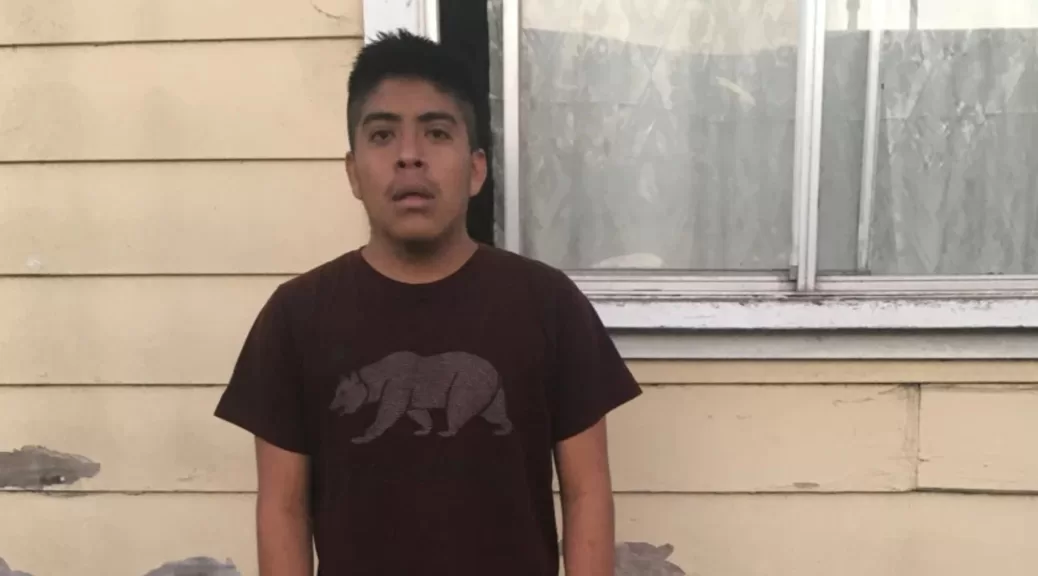On July 16 in Salinas, California, police gunned down a nineteen-year-old man named Gerardo Martinez. A neighbor called and said that Martinez was very drunk, and that Martinez had threatened him with a black handgun. But the neighbor was not sure, and later in the 911 call said that he thought the weapon was a BB gun and that Martinez may have been under the influence of methamphetamines.
The police responded. They attempted to negotiate with Martinez in Spanish. But Martinez did not speak Spanish. He spoke only the Mexican Indian language of Zapotec, according to Latin American Indigenous Activists who issued a statement a week after the shooting. “As a monolingual Zapoteco speaker, he did not understand the command to come out of his home and raise your arms,” they said.
The Salinas Police Department disputed this assessment. “We now know the deceased spoke conversant Spanish based on a body-worn camera from a prior contact with law enforcement,” a police spokesperson said. They did not elaborate, and they did not provide evidence.
Both of these sources cannot be right, making it difficult to sort out what happened on the night of July 16. According to the LA Times, in a story that appeared on August 3rd, a 2010 survey indicated that there were nearly 165,000 Indigenous farm workers and family members within the state of California, “many of whom have only a basic grasp of Spanish.” That was more than ten years ago. It is easy to imagine that those numbers have increased over the course of the past decade.
Police in a number of communities, including Salinas in the aftermath of Martinez’s killing, have begun to undertake efforts to reach out to the Indigenous community. They are doing so in Ventura County, where I am now, with the help of non-profit groups like the Mixteco-Indigena Organizing Project based in Oxnard. Arcenio Lopez, its executive director, said “these are populations that are in constant fear of law enforcement because of previous experiences in their own countries–there is no trust.” The toxic climate towards Mexican immigrants in the United States cannot help this situation.
This is a tragic case. A young men came to the United States from the small town of San Vicente Coatlan in Oaxaca. A bad night, far from home, and the police are called, shots are fired, and a young man is killed. One more casualty resulting from the proliferation of guns in America. But in this case the question lingers as to whether the victim even understood what the police were asking him to do.
Martinez is dead, to a great degree, because police believed that he could not possibly be monolingual, that as a Mexican he must speak and understand enough Spanish to respond to their commands.
Settler colonialism is premised on the disappearance of Indigenous peoples, along with their culture, their values, and their language. Sometimes Indigenous people show up in places, and in ways, that are unexpected to non-Indians. The resulting surprise can get people killed. Martinez’s case shows that this is as true today as it has been throughout this country’s long and violent history.


